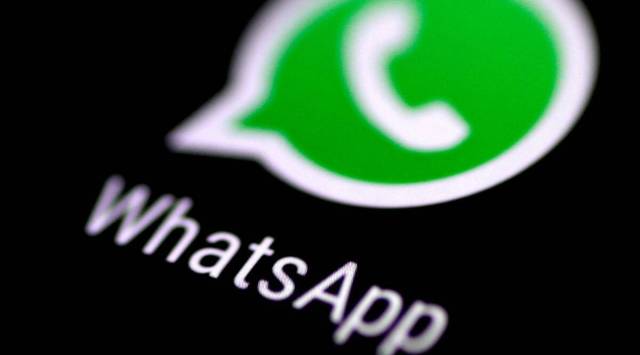- India
- International
Whatsapp, Facebook not legally entitled to claim they protect privacy: Centre tells Delhi HC
The government said that the petition filed by WhatsApp is not maintainable as the company is a foreign entity and it cannot claim rights under Article 21, including the right to privacy.
 The submission was made in a reply filed in response to WhatsApp’s petition challenging the 2021 IT Rules’ requirement of enabling the traceability of online messages.
The submission was made in a reply filed in response to WhatsApp’s petition challenging the 2021 IT Rules’ requirement of enabling the traceability of online messages.
The Centre on Friday told the Delhi High Court that WhatsApp and Facebook “which monetise users’ personal information” for commercial purposes are not legally entitled to claim that they protect privacy and that the instant messaging platform needs to create a mechanism to identify an unlawful information’s origin and originator without compromising end-to-end encryption.
The submission was made in a reply filed in response to WhatsApp’s petition challenging the 2021 IT Rules’ requirement of enabling the traceability of online messages.
The government said that the petition filed by WhatsApp is not maintainable as the company is a foreign entity and it cannot claim rights under Article 21, including the right to privacy.
“The IT Rules are framed based on the basis of numerous parliamentary and judiciary recommendations which sought to protect the users against child sex abuse material, fake news and other harmful online content which was considered to be beyond the bounds of free speech,” the Ministry of Electronics & IT told the court.
The government said that Rule 4(2) neither mandates breaking WhatsApp’s encryption nor the State seeks to do so but the “assertion that there exists a difficulty in changing the architecture” of the significant social media intermediary cannot be a ground for judicial review.

“The Government expects the platforms to either prevent online illegal content by themselves or assist law enforcement agencies to identify the originator of such unlawful content,” the reply reads.
The Facebook-owned company in its petition has said that requiring the intermediaries to enable identification of the first originator of information on their platforms could put journalists and activists at risk of retaliation in India and also infringe upon people’s fundamental right to freedom of speech and expression.
The government said that it’s for WhatsApp to create a mechanism to enable identification of the first originator without disturbing encryption. Any order under the rule can be passed only for the purposes of prevention, detection, investigation, prosecution or punishment of an offence related to ‘sovereignty and integrity of India, the Security of State, friendly relations with foreign States, or public order, or of incitement to such an offence and in relation with rape, sexually explicit material or child sexual abuse material, it said.
“If the government can identify the first originator through any other means, then the order will not be passed under the rule,” reads the reply further.
The government in the reply has also raised questions over WhatsApp’s privacy policy and said that when personal data of users is shared with Facebook, it can be used for profiling.
“Such profiling is also feasible on the political and religious views and can be used for any activity which can harm the security of the nation, its sovereignty and integrity besides affecting individual privacy,” it has said.
Rule 4(2) of the Intermediary Rules, which WhatsApp wants struck down, states that “a significant social media intermediary providing services primarily in the nature of messaging shall enable the identification of the first originator of the information on its computer resource as may be required” by a judicial order or an order passed by a competent authority under the IT Act.
WhatsApp has argued that there is no way to predict which message will be the subject of such a tracing order. “Therefore, Petitioner (WhatsApp) would be forced to build the ability to identify the first originator for every message sent in India on its platform upon request by the government forever. This breaks end-to-end encryption and the privacy principles underlying it, and impermissibly infringes upon users’ fundamental rights to privacy and freedom of speech,” it has contended.
Must Read
Apr 19: Latest News
- 01
- 02
- 03
- 04
- 05






































